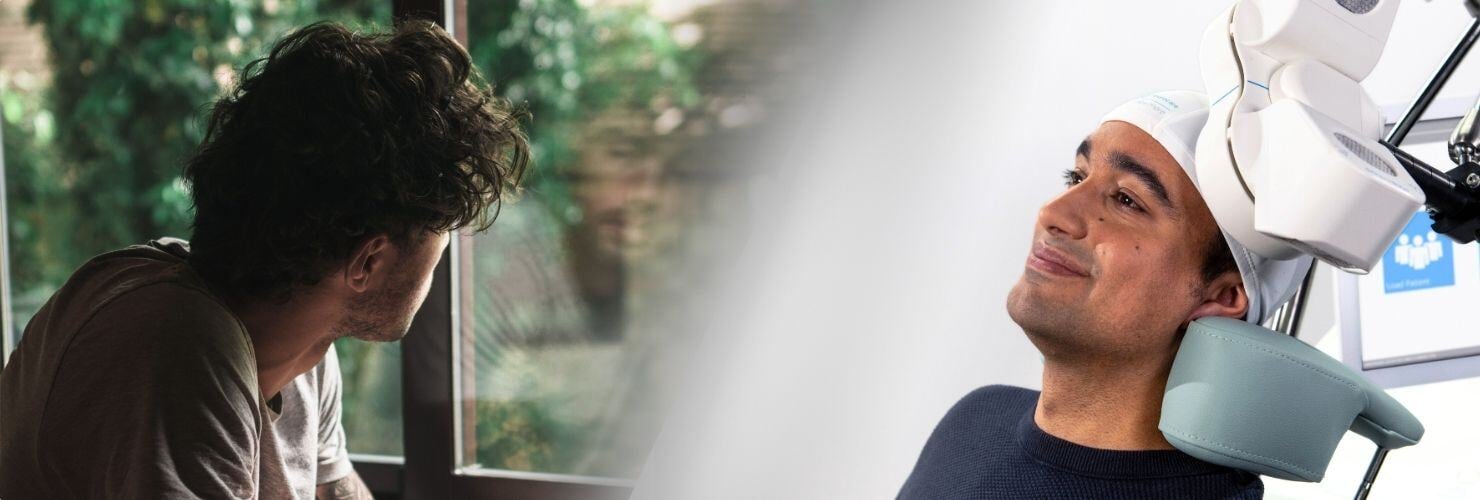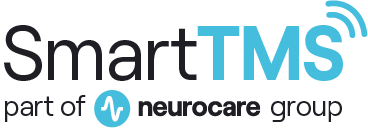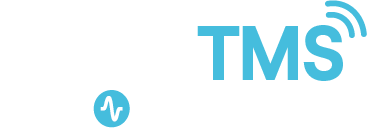TMS Treatment
Transcranial Magnetic Stimulation
TMS (also known as rTMS) treatment is a non-invasive, medication-free treatment, proven effective in treating depression, addiction and many other conditions

Straight to:
TMS (Transcranial Magnetic Stimulation) is an innovative treatment that uses magnetic pulses to either activate or calm brain areas linked to various medical and psychiatric conditions.
TMS is a non-invasive treatment that uses magnetic pulses to target brain areas responsible for emotional responses and mood regulation.

rTMS: repetitive Transcranial Magnetic Stimulation
At Smart TMS, we offer a treatment called repetitive Transcranial Magnetic Stimulation (rTMS). This involves a magnetic coil that rapidly turns on and off.
For simplicity, we call this treatment TMS on our website and in our brochure.
TMS targets the specific brain circuits related to your condition, instead of using chemicals.
The treatment activates the brain, promoting 'neuroplasticity'—the brain's ability to repair and form new connections between nerve cells. For instance, in depression, it stimulates the left side of the prefrontal cortex, helping restore its function and alleviate depression symptoms.
TMS compared to other treatments
| Treatment | TMS | ECT | Antidepressants |
|---|---|---|---|
| Description | Non-invasive magnetic fields | Electrical current to induce seizure | Oral Medication |
| NICE approved | ✓ | ✓ | ✓ |
| Non-invasive | ✓ | ✘ | ✓ |
| Outpatient treatment | ✓ | ✘ | ✓ |
| Ongoing recovery | ✓ | ✘ | ✘ |
| Side-effects | Mild headaches Mild fatigue 1 in 50,000 risk of seizures |
Confusion Disorientation Headaches Intense sleepiness Jaw ache Anesthetic complications Memory loss Muscle aches Nausea |
Anxiety Diarrhoea Dizziness Fatigue Headache Increased appetite Migraine Nausea Nervousness Sleep problems Sexual dysfunction Weight gain |
Conditions TMS treats
Depression
Transcranial Magnetic Stimulation FAQs
-
Repetitive Transcranial Magnetic Stimulation (rTMS) is a treatment for depression, anxiety, OCD, addictions, and other mental health issues. It uses a machine to send high-frequency magnetic pulses to specific brain areas linked to these conditions. This process stimulates the brain, promoting 'neuroplasticity,' which helps the brain repair and form new connections between nerve cells. For instance, in treating depression, rTMS targets the left side of the prefrontal cortex, helping restore its function and alleviate depression symptoms.
-
rTMS, or Repetitive Transcranial Magnetic Stimulation, is more commonly used. It involves a magnet called a 'figure of eight coil' that sends repetitive magnetic pulses to a specific brain area linked to the condition being treated. On the other hand, dTMS, or deep Transcranial Magnetic Stimulation, uses an 'H-coil' resembling a helmet. This method targets a larger brain area with less focus than rTMS.
-
rTMS is a private treatment, and the cost depends on the specific condition. For depression, a typical course with Smart TMS is €3,000, and you may need two courses in total.
-
As research advances, it's evident that regular monthly maintenance sessions help sustain the benefits of rTMS treatment. Life has its ups and downs, but once we confirm rTMS works for you, we can provide "top-up" sessions whenever you need an extra boost.
-
Research shows that rTMS does not cause memory loss. Unlike ECT (electroconvulsive therapy), which can lead to memory issues, rTMS is non-invasive and focuses on a small brain area without inducing seizures.
-
Yes, rTMS effectively treats Generalised Anxiety Disorder. At Smart TMS, we understand that depression and anxiety often occur together, so we treat both simultaneously. Unlike other providers who charge separately, we combine these treatments in one session, potentially saving you thousands of pounds.
-
Measuring "success" in mental health can be challenging. At Smart TMS, 49% of our patients with depression are no longer clinically depressed after rTMS treatment. Additionally, 56% of patients experience a noticeable improvement in their mood, even if they don't fully reach remission. This improvement allows them to enjoy a happier and more fulfilling life with fewer symptoms.
"I’m still not taking any medication – This is the longest I have been off of anti-depressants in almost 10 years and I am loving not having to cope with the side effects."
"For the first time in 24 years, I now feel significantly better; I’ve even started playing guitar and spending time outdoors again. My brain feels alive and the sadness I’ve felt for so long has been replaced by a smile."
"At the time I received treatment I was my lowest. TMS was a life changer for me. I am certain it saved my life."
Contact our team about TMS treatment
Not sure if TMS is right for you?






